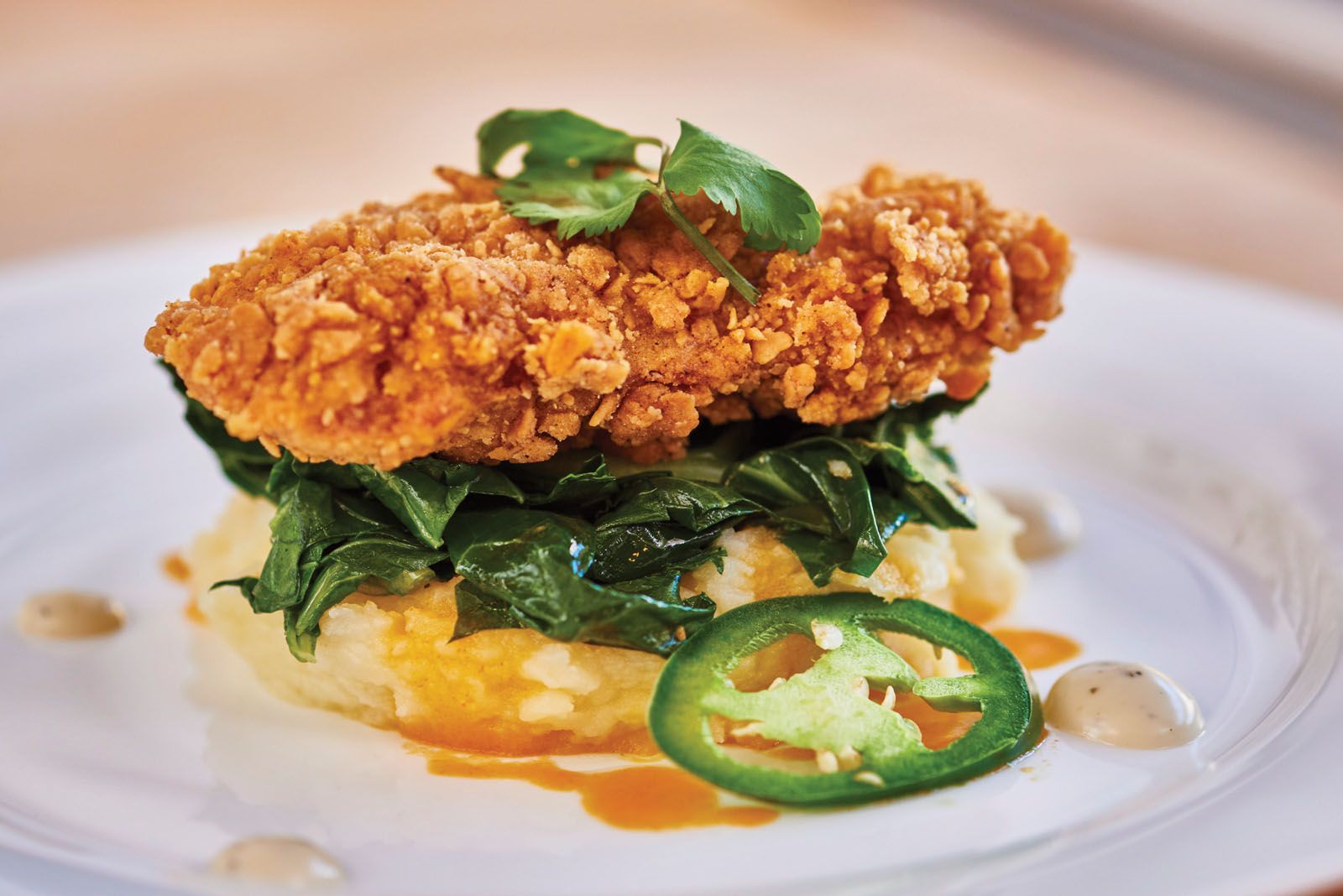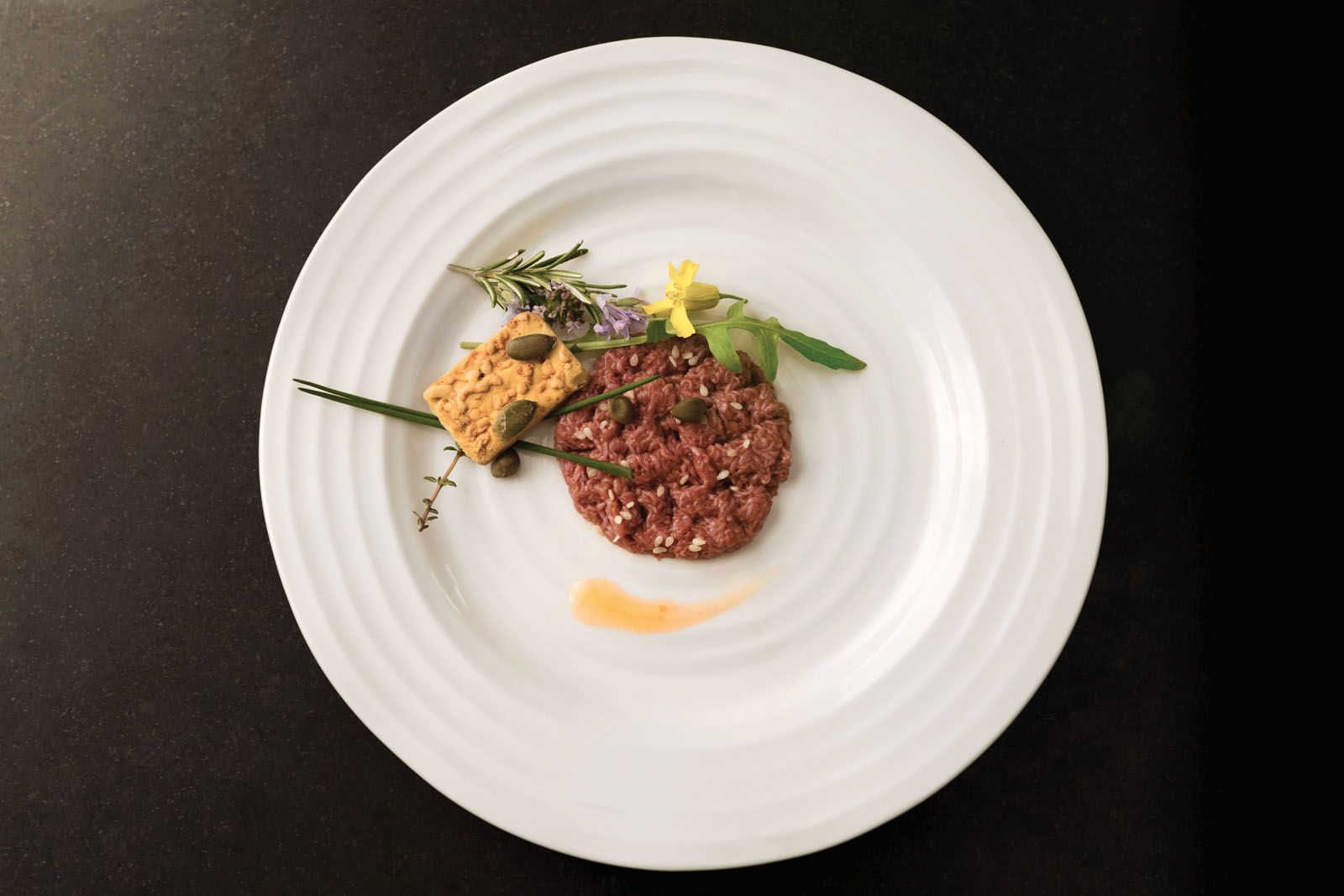With earth-friendly meat alternatives growing in appeal, we take a look at the reasons behind our struggle to eat responsibly
Compressed watermelon with cashew ricotta and mint agave syrup. Aquafaba mousse and bell pepper caviar on top of puffed air bread. Discs of crystal-clear lollipops speckled with gold and silver leaf, adorned with edible petals and flavoured with mango and jalapeño essence. If what Hollywood A-listers were supping on at this year’s Oscars Governors Ball—the official after-party of the awards show—is anything to go by, green is the new gold. After all, Forbes and The Economist both pronounced 2019 as the Year of the Vegan.
But that old adage “if you love something, let it go” doesn’t quite apply when it comes to our love for meats. Fed by the ravenous appetite of burgeoning middle classes around the world, global meat production, which stands at almost 350 million tonnes a year as of 2018, is on a constant climb. In 1990, China marginally overtook the US as the top meat producer in the world at almost 30 million tonnes. By 2018, that number has almost tripled to over 88 million tonnes, according to Our World in Data. This growth has contributed to the United Nations Food and Agriculture Organisation to estimate that 14.5 percent of global greenhouse gas emissions come from livestock.
Are meat eaters doomed to be vilified? Will our woke children roll their eyes at every non-vegan festive meal?
Consumer sentiment is a powerful force, and meat producers are already upping their green credentials in response to those concerned about the environmental impact of their dinner. Last year, Arcadian Organic & Natural Meat Co became Australia’s first 100 percent carbon-neutral business. And last September, one of Australia’s largest and oldest cattle producers, North Australian Pastoral Company, launched Five Founders, its brand of carbon-neutral-certified beef.
In fact, the Australian beef sector is reportedly pushing for carbon neutrality by 2030. Also in 2019, Maple Leaf Foods, a leading North American producer of meat and plant proteins, became the first major food company in the world to be carbon neutral. To achieve carbon neutrality, companies are adopting new practices such as introducing new feed ingredients that can reduce a cattle’s methane emissions by about a third, to investing in environmental projects, such as reforesting and solar farms, with the objective of earning carbon offsets to nullify a company’s net environmental impact.
See also: 10 Online Learning Platforms To Help You Upskill At Home





